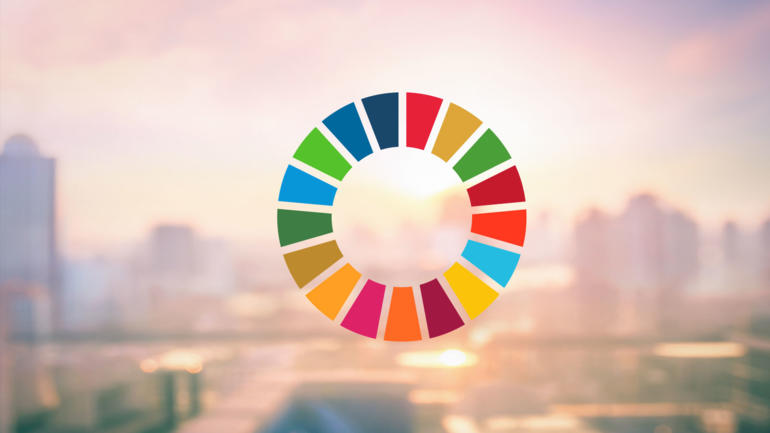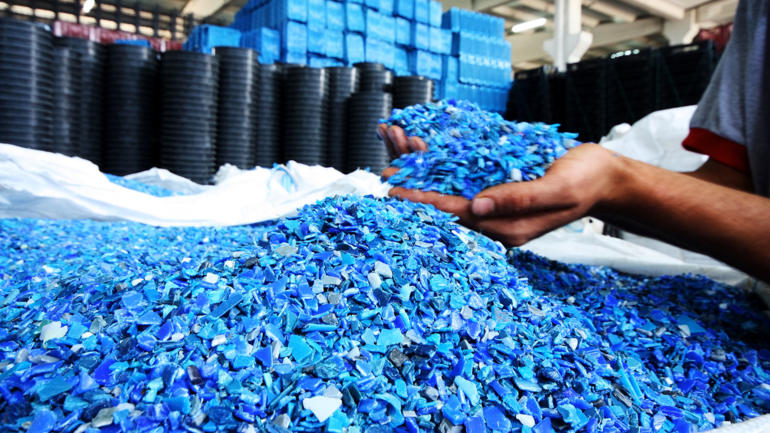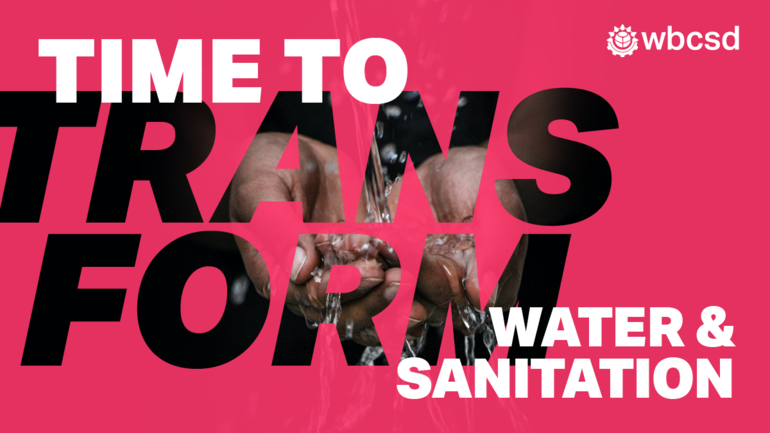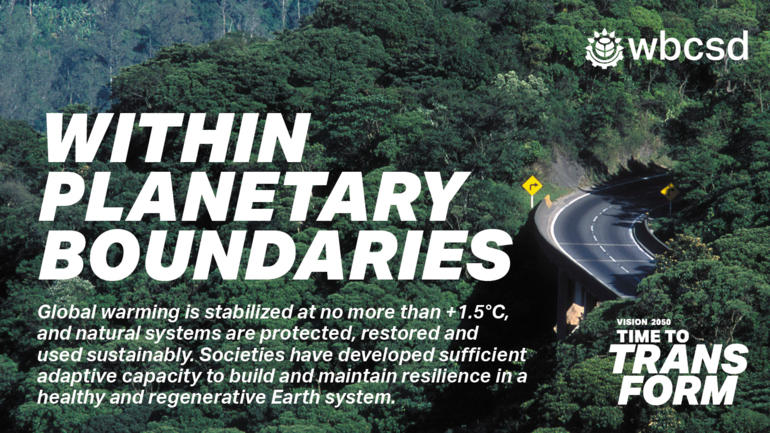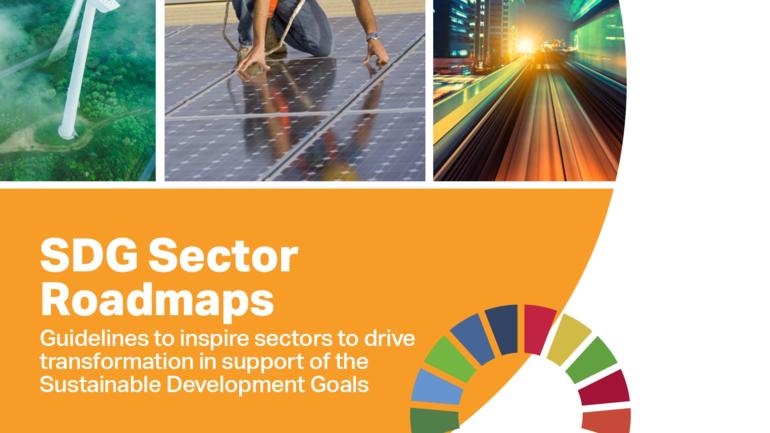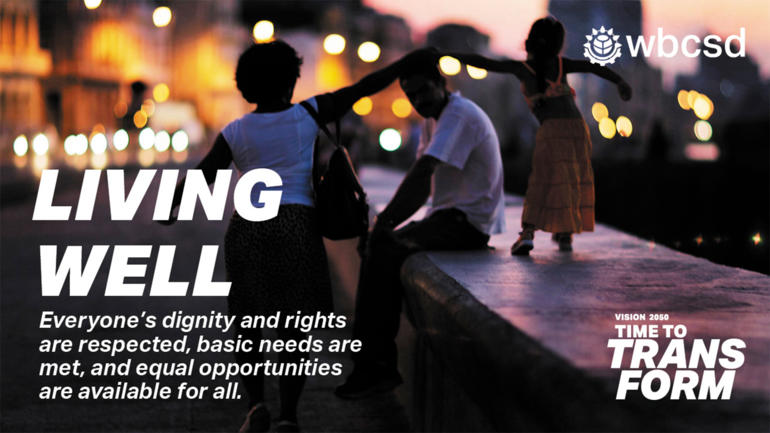ITC, a WBCSD member based in India has a diversified presence across sectors such as FMCG, packaging, paper, agri-business and hospitality. ITC operates more than 100 hotels over 70 destinations in India and hosted the 2016 WBCSD Council Meeting in Chennai, India.
We recently sat down with Nakul Anand, Executive Director of ITC, who oversees the hospitality business, to talk about his drive for ‘Responsible Luxury’ and its implementation across ITC hotels.
Can you explain the concept of Responsible Luxury, and tell us a little about how you drive it at ITC Hotels?
Responsible Luxury is luxury with a soul. It is an ethos that is expressed through an integrated and seamless experience of world-class products and services, delivered by a committed and sensitive team which has imbibed the philosophy. It is part of our DNA at ITC Hotels.
Introduced in 2010 as the way forward for ITC Hotels, Responsible Luxury became a global phenomenon and is now a global Case Study published in Harvard Business Publishing.
We reimagine existing processes so that we can deliver enriching experiences for our guests, without compromising on the highest benchmark of quality, while creating a positive environmental and social footprint.
So for example, while many hotels have water-saving or energy reduction schemes, they also mean you have to make a choice not to have your towels or sheets changed every day. With Responsible Luxury, we believe that you should be able to have fresh towels or sheets every day if you want them and that it is our responsibility to find a way to deliver them sustainably. This belief is manifest in the ITC Luxury Collection Hotels, which are LEED Platinum Certified along with our headquarters, the ITC Green Centre at Gurugram.
We believe that blending luxury with responsible practices in this way makes for an experience that has a more meaningful impact on society and the environment. It emphasizes our approach to look beyond ‘business as usual’ towards ‘business that cares’.
Food is a very important part of the experience you offer customers, but also an important source of emissions. How do ensure that this is addressed in the food you serve?
Our philosophy guides every thought and action at ITC Hotels, and so yes, it is manifest in the dining experiences and culinary programs and initiatives that we offer.
India has a vast history and cultural traditions. The country has practiced and demonstrated sustainability for centuries, through simple traditional customs, like eating fresh food that is seasonal and local. There is a wide variety of produce grown and eaten across India, so regional diets are important. Our ethos ensures that our brands and culinary initiatives are aimed towards working in complete harmony with the seasons and preserving local food cultures, while ensuring that good, clean and fair food is accessible to all.
How do your kitchens deal with food waste, which is a huge concern for restaurants, or as you say, the availability of locally-grown produce? What measures have you put in place?
Food waste is an obvious area of concern for every hotel, and we have spearheaded a large number of initiatives to address this challenge. For example, we have introduced the concept of the WelcomMeal, where guests can indulge in a well-balanced menu ranging from Indian to Oriental to Western but in smaller portions, thereby ensuring that there is less wastage.
We also make continuous process improvements through purchase and inventory management, optimizing our food production, and implementing stringent storage protocols. We regularly review our portion sizes and configure our buffets to prevent wastage, and what is not eaten is composted onsite.
India’s rich heritage of indigenous produce is constantly showcased to create enhanced economic opportunities for farmers and local partners. We are especially proud of our Local Love initiative, which celebrates local indigenous flavors. Through Local Love, we give our guests an unforgettable regional cuisine experience while also procuring local produce from local farmers.
In fact, more than 40% of our edibles are sourced locally. This means we are positively impacting social factors, such as helping to provide employment for local producers, as well as environmental ones such as minimizing our carbon footprint.
In addition, through the Choose Wisely program, under the guidance of WWF-India and Central Marine Fisheries Research Institute, all domestic species that are endangered have been entirely omitted from the menu. Instead, a guest in our restaurant can choose seafood options from our menu that are ranked using a sustainability traffic light system.
We also provide ‘ŚūnyaAqua’, which means “zero-mile water”. Instead of purchasing commercially provided water in plastic bottles, we fill glass bottles within the hotel premises, using internationally accredited purification techniques. This helps us minimize our carbon footprint and reduce plastic waste, while still ensuring guests have the fresh, clean water they need.
Giving back to the community is surely a key part of the Responsible Luxury ethos. How do you take this commitment beyond your hotels?
For us, engaging with our local communities is an integral aspect of Responsible Luxury. We are part of the community, not separate to it. We ensure that we share our learnings and contribute meaningfully to the creation of an eco-system which is beneficial for all stakeholders. Whether it is a local neighborhood, school, municipal corporation, tourism body or something else, our endeavor is to be part of co-creative experiences.
We have a multitude of initiatives in place at any one time. Some examples include:
- Greening the Supply Chain – we have prepared a handbook to help small and medium enterprises to adopt cleaner and greener production practices. It’s available for free on our website, and we have translated it into eight different Indian languages, to ensure it is widely available and accessible.
- Sharing knowledge through industry platforms, both in India and abroad — we take the opportunity to share our learnings and best practices at global events such as the Responsible Business Summit in London and international roadshows with the World Green Building Council.
- Club ITC – The ‘Green at Heart’ loyalty program enables our guests to donate their accumulated ‘Green Points’ to Mission Sunehra Kal. The mission is a unique social investment initiative by ITC that empowers rural communities by securing their livelihoods not just for today but also for the future.
Hotels can have a big carbon footprint. Are you using renewable energy in any of your premises?
This is an area where we’re working hard to make improvements. More than half of the electricity requirements at ITC Hotels are met through renewable sources of wind and solar power. We have put initiatives in place to scale this up to 90% over the next two years. It’s a tight timeframe, but it’s important to us.
We are also proud of the fact that all our luxury hotels in the southern, western and north-west regions of India are 100% powered by our own wind turbines on our own wind farms. This provides us with energy security as well as lowering our costs and reducing our emissions.
What about the buildings coming online in the next year or two? How are they addressing energy savings as part of Responsible Luxury?
The DNA of our organization requires us to constantly re-think and re-question our product and processes, so that we address emerging consumer needs and deliver new and rewarding experiences to our guests through regular process improvement.
For example, we pioneered the Clean Air initiative in Indian hospitality. We offer indoor air quality on par with WHO standards, which is 50% better compared to the Indian standards (60 micrograms per m3 for PM2.5). The project was initiated at ITC Maurya, New Delhi and will move to other hotels as well in a phased manner. The indoor and outdoor air quality readings can be seen live on a monitor installed at the hotel lobby and guest floor areas.
Our upcoming projects will not only benefit from our learnings, but will also be in a position to leverage the latest technology, products and processes that will catalyze an environment of Responsible Luxury.
One core philosophy that we’ve integrated in our existing and pipeline hotels is building in adherence to the highest standards of Green Building Design, adopting LEED Platinum specifications to address energy and water efficiency, indoor environmental quality, reduction, waste reuse and recycling, sustainable site selection and the use of sustainable construction and consumable materials, among others.
What are you doing to evolve the concept at ITC Hotels?
We have big plans for extending this concept across the ITC Hotels portfolio.
Some of our key targets over the next few years include:
- Single-use Plastic Free hotel - We are working aggressively to eliminate ALL single-use plastic from our operations - both guest-facing and at the back of house. Out of more than 150 single-use plastic items identified in our operations, we have already replaced quite a few and we will replace the rest by this financial year ( end March 2020)
- Working towards 100% solid waste recycling by converting waste to energy through a bio-methanation project
- Reducing our water consumption by a further 20%
- Introducing a chemical-free and waterless laundry system
- Using hydroponic technology for onsite gardens and farms
How do you see Responsible Luxury evolving?
In my mind, the highest evolution will be when Responsible Luxury becomes a ‘norm’ and not an exception. It will transcend the mundane definitions of luxury to facilitate enriching engagements with communities, cultures and the environment.
It will be luxury that promotes well-being through responsible practices, making deeper and more meaningful contributions to society – moving beyond just planting a sapling or turning off the lights on Earth Day. It’s a new paradigm that requires creating green buildings and businesses but also the generation of sustainable livelihoods.
It will be a luxury that co-opts individuals and communities as partners, reflecting their aspirations for a better and secure world by contributing meaningfully to those affected by its creations and consumption. It is about luxury with a purpose.
The world is changing, and we must drive that change in a positive direction. Supported by regulation and changing stakeholder perceptions and attitudes, sustainability agendas are converging on the hospitality industry.
And the reason that it is integral to our business philosophy and strategies at ITC Hotels is that we believe that the biggest challenges and opportunities are within the global hospitality sector. It is here that the pace of change will be the fastest and the need to change the greatest.
To us, Responsible Luxury transcends the limited paradigms of ‘eco’ or ‘green’. It encompasses a larger social consciousness that is committed to delivering the best of luxury in a responsible manner.
Nakal Anand was recently named Hotels 2019 Corporate Hotelier of the World. The award recognizes "how the corporate nominee has defined standards of service, operational excellence and performance, as well as creativity in management and what they have done for the greater good of the global hotel business."




